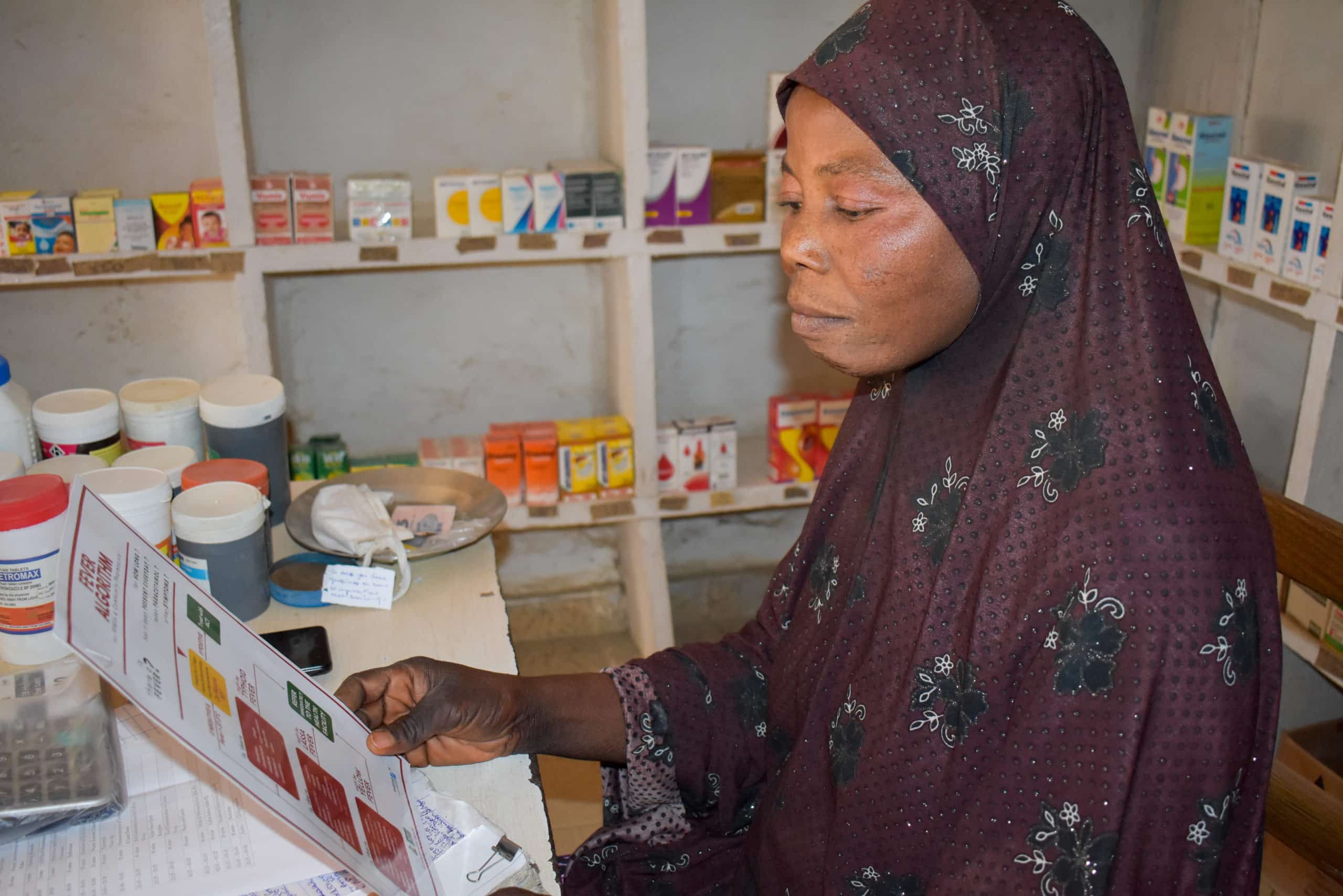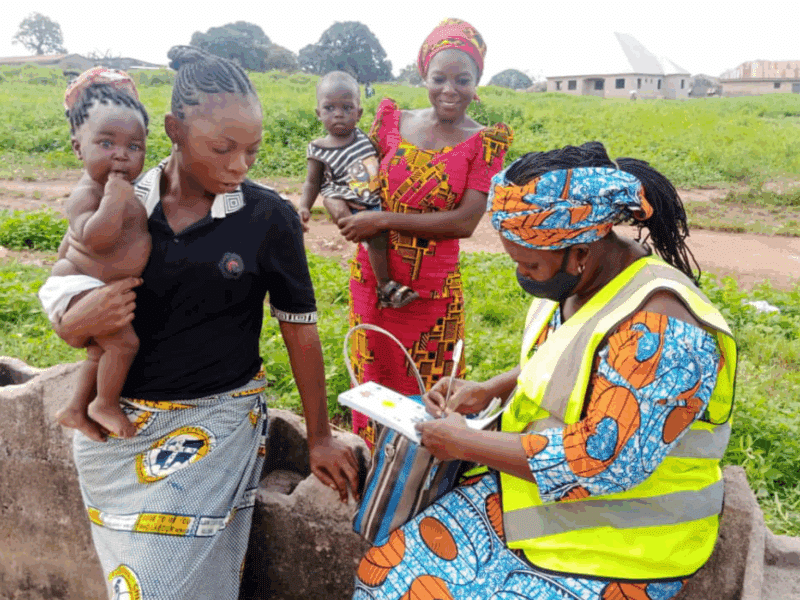As a 10-year-old with stunted growth and sickle cell anemia, Zuwaira Yusuf of Bauchi State in Nigeria already has enough health challenges that require constant attention. But things took a turn for the worse when her entire family of six tested positive last year for Lassa fever.
Zuwaira and her family are among a growing number of people in her community with Lassa fever, which is spread by contact with the urine or feces of infected rats. Since the start of 2022, there have been 810 laboratory confirmed cases of Lassa fever in Nigeria, with 159 confirmed deaths, with one in seven in Bauchi state. That’s up over the same time period last year, when 315 people had Lassa fever and 63 people died.
Despite the frequency of these Lassa fever outbreaks, many households like Zuwaira’s were unaware of the disease, how it spreads, the symptoms to look out for as well as how to prevent it. Even when they start showing signs of illness, many resort to self-treatment with local herbs rather than visiting the health facilities for tests and treatment.
“This lack of proper health-seeking behavior is an important contributor to the spread of Lassa fever in these communities, especially during the dry season when farmers prepare to farm, and activities like bush-burning increase the migration of rats from the bush in search of food,” says Olayinka Umar-Farouk. Umar-Farouk is deputy project director for risk communication for the Johns Hopkins Center for Communication Programs-led Breakthrough ACTION-Nigeria project.
People get infected with Lassa fever when they encounter these rats, either through body fluids, consumption of food contaminated with the urine or feces of these infected rats, or when they touch household items that are contaminated with their urine or feces.
To mitigate the spread, Breakthrough ACTION-Nigeria, supported through USAID’s broader contributions to the Global Health Security Agenda (GHSA), conducted community-level activities using the One Health Approach, a collaborative, multi-sectoral and trans-disciplinary method including work at the local, regional, national and global levels. The goal: Achieving optimal health outcomes by recognizing the interconnection between people, animals, plants, and their shared environment.
These activities included training different stakeholders in Bauchi State about the signs and danger of Lassa fever, including community volunteers, medicine vendors, community pharmacists, local government supervisors and more. These community members were provided a “Fever Care Seeking Algorithm” to ease identification of Lassa and Yellow fever symptoms, such as fever and weakness. They were also trained to refer to suspected cases and conduct routine visits to communities.
It was during one of those community visits that a community volunteer identified the key symptoms in Zuwaira’s home and referred the family to the primary health care center. All the six family members including Zuwaira tested positive and were further referred to a secondary facility for treatment. Although three members of the family died, three of them are recovering including Zuwaira, who could barely sit to talk at the time of her diagnosis. Zuwaira is still weak. But she is home, and her mother is thankful for that.
“We honestly didn’t know it was Lassa fever,” Zuwaira’s mother said. “We heard that Lassa fever comes with vomiting blood, but we didn’t see the sign of blood in our own case. We just believed it was fever. Even though we lost three members of the family, we thank God [some of us] went to the hospital and we got better.”
The family is now aware of what can predispose them to Lassa fever and are actively working to keep their environment clean and safe. They know to keep their home cleaner and to improve their food and water storage practices to keep rats away.
Like Zuwaira’s family, more families in Bauchi state are taking preventive measures to stop the spread of Lassa fever and more individuals are getting tested when they show signs and symptoms of Lassa fever.
While Lassa fever is treatable, many people with underlying health conditions such as sickle cell anemia remain especially vulnerable.
“Breakthrough ACTION-Nigeria will continue to respond to the Lassa fever outbreak by building the capacity of various stakeholders to identify and refer suspected cases for treatment,” Umar-Farouk says.





